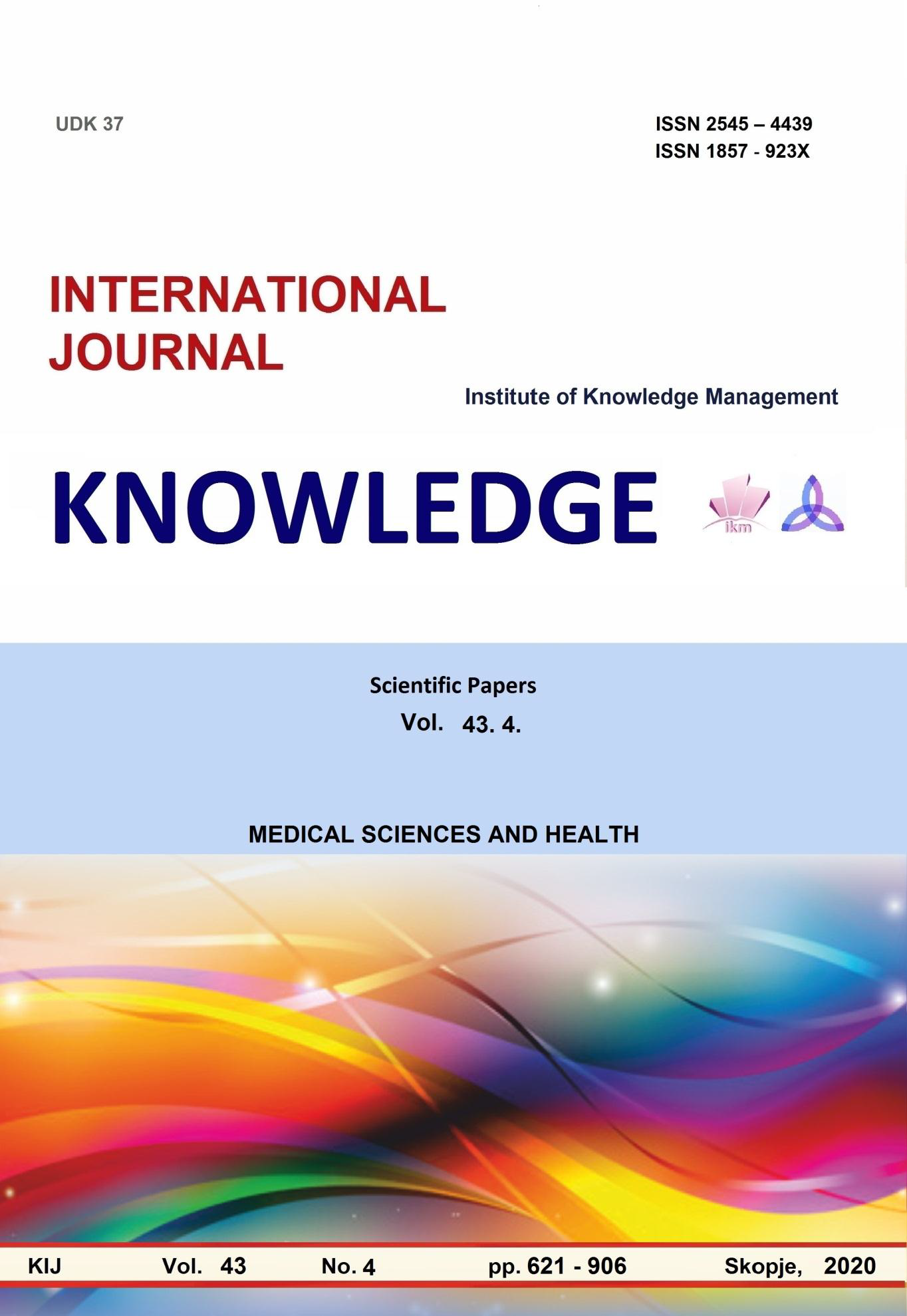КОВИД 19 И СПЕШНАТА МЕДИЦИНСКА ПОМОЩ
COVID 19 AND EMERGENCY MEDICAL SUPPORT
Author(s): Kiril Atliev, Rostislav KostadinovSubject(s): Social Sciences
Published by: Scientific Institute of Management and Knowledge
Keywords: COVID-19; emergency medical care; pandemic; area of biological damage; triage
Summary/Abstract: The life in 2020 is under the physical and mental impact of the evolving pandemic caused by the emerging coronavirus SARS-CoV-2. Within three months, the virus had spread around the globe, and the growing number of people newly infected and developing symptoms of COVID-19 infection raised a number of organizational issues with governing bodies - medical and non-medical. According to the developed plans, the administrative structures created crisis headquarters, in which the medical specialists were called to assess the general and medical situation, to plan and propose the necessary preventive measures, in order to ensure the preservation of the threaten population life and health. The restrictive and isolation measures proposed by the medical experts were implemented by the administrative heads in the initial months of the pandemic development, which in our country supported the healthcare system to maintain its operability, while at the same time achieving the capability and ability to accept and monitor treatment of those affected by the biological damaging factor - coronavirus SARS-CoV-2. The good results achieved by the restrictive measures reduced the level of coordination between health experts and crisis headquarters decision-makers, which led to a sharp loosening of measures with subsequent, expected and predicted by many physicians diffuse spread of coronavirus, as well as the infected population, developing moderate and severe form of COVID-19 infection, requiring their isolation and hospitalization. There was also a sharp increase in the number of patients in need of urgent and intensive medical care. These changes have led to a number of challenges that are difficult to be overcome with the available forces and resources for the planning, organization and provision of emergency medical care.The purpose of this study is to analyze some of the challenges that have to be overcome by employees in the emergency department of the University Hospital for Active Treatment "St. George" Plovdiv.Materials and methods: The possibilities of descriptive and comparative analyses are applied to present and analyze the main organizational and operational challenges to the emergency department of the largest into southern Bulgaria hospital for active treatment. Along with the presented challenges, the measures taken to mitigate the negative impact of the constantly growing number of infected patients requiring urgent medical intervention were also discussed.Results and discussion: In accordance with the approved standard operating procedures for the organization and conduct of emergency medical care in the face of a threatening or developed area of biological damage - epidemic, in the emergency department of the University Hospital, anti-epidemic regime. admission and treatment of patients was introduced in early March. The shortage of personal protective equipment and the identified gaps in the training of medical and non-medical staff for their proper use were overcome quickly, without allowing infection of the staff of the ward. The growing need for strengthening with material resources for the diagnostic and treatment process was also overcome with a number of organizational changes - reorganization in the activities of a number of units to support the efforts of emergency physicians. The possibilities for overcoming the shortage of staff and the difficulties in organizing the triage of the patients were discussed.
Journal: Knowledge - International Journal
- Issue Year: 43/2020
- Issue No: 4
- Page Range: 699-704
- Page Count: 6
- Language: English, Bulgarian

